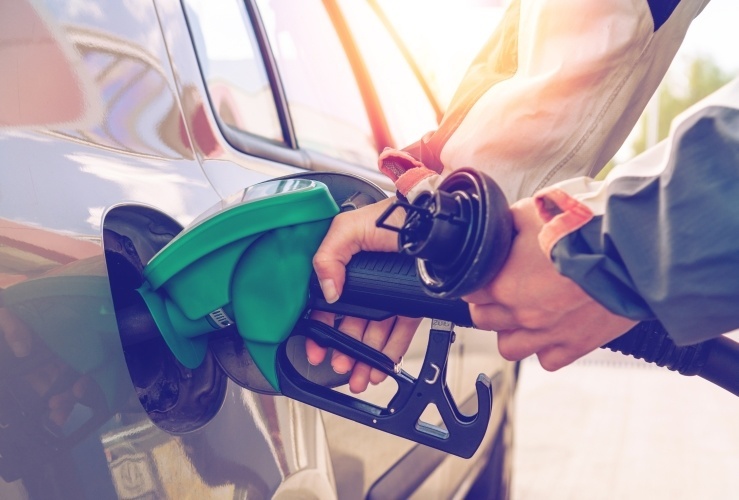
We hear a great deal about how to cut our fuel consumption these days, but there is often confusion over what works and what doesn’t. Here we look at 10 things motorists commonly believe about eco-driving – and dispel a few as myths.
According to a report in Business Insider, this practice not only wastes fuel, but strips oil from your engine's components – particularly pistons and cylinders.
If you’re stopping for 30 seconds or more, you'll probably save more fuel by switching the engine off. If you have an older car, this is certainly the case.
The consensus is that MPG figures are arrived at under less than realistic conditions while testing. Along with pumping up tyres to dangerously high pressures, it has been suggested that carmakers also set up powertrains to do well at test speeds, rather than real-world speeds.
On the motorway, it’s better to do 55mph on a congested route, than up to 80mph plus (which is in any case illegal). On average, the slower speed does around 60mpg, while the faster returns only 40mpg. So in terms of fuel consumption, a little congestion does you good – but only a little, however.
If you keep your car well maintained, there should only be a modest dip in fuel consumption as it ages.
In fact, your car will use less fuel in hotter weather. In colder weather, it will use more.
While having your tyres inflated at the correct pressure will improve performance, it only saves a modest amount of fuel – perhaps just 2 per cent. However, over a year this could add up. It’s also wise to keep your tyres inflated to the recommended level for safety reasons.
Crawling along motorways won’t save a huge amount of fuel – but it will annoy other drivers. In the upper velocities, however, there is a bigger difference: reducing your average speed from 80mph to 70mph on the motorway could save you up to 25%, by some estimates. As well as ensuring you are in the legal limits.
This is true: take off that roof rack and remove those tools from the boot – your engine will use less fuel as a result.
Undeniably, walking around town or hopping on a bus will indeed cut your fuel consumption – dramatically!





